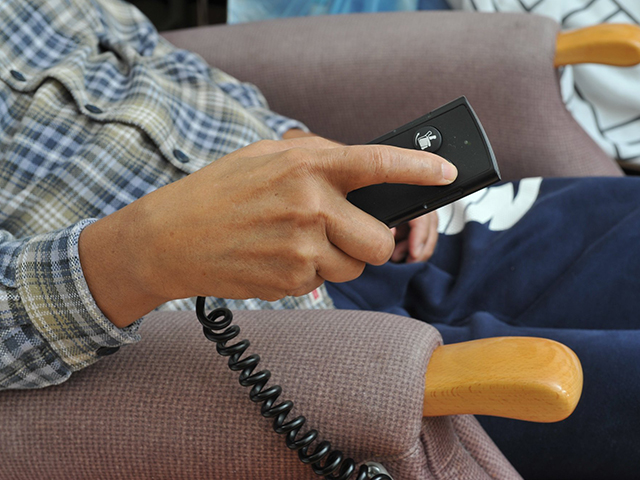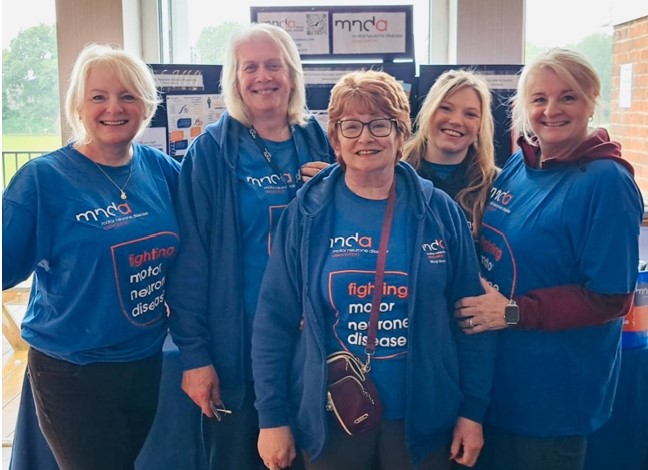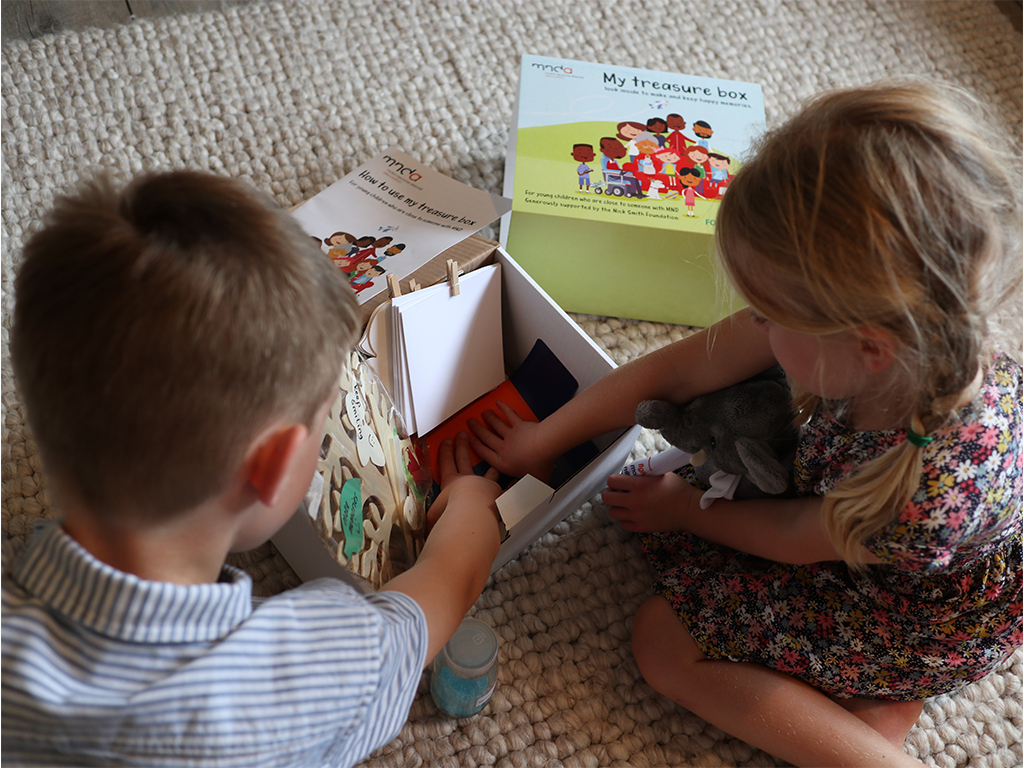To better understand the needs of people with motor neurone disease (MND), we partnered with social research organisation Revealing Reality to launch our My MND, My Needs research.
The research took place across 2023 and 2024 and included a literature review, in depth face-to-face interviews with people affected by MND across England, Wales and Northern Ireland, and a comprehensive survey completed by 925 people living with MND. Thank you to everyone who took the time to take part.
Findings showed that although support is available through the Association, public services and other charity and voluntary organisations, gaps in provision mean certain needs are not being met. Some people affected by the disease are unaware of where to turn to access the support available to them, leading to feelings of isolation. You can read more about the key findings below.
The insights gained from the research are already being used to focus our efforts as an Association, helping us to improve and enhance the services and support we provide and enable us to influence others to do the same.
Key findings
Many people living with MND highlighted their need for autonomy, independence and self-expression
MND was affecting many people’s autonomy and independence, with loss of independence being a commonly reported concern. People who took part in the survey said they are struggling with things like keeping on top of tasks around the home, doing things that they enjoy, and maintaining their personal hygiene.
There is demand for more financial support, with a third not feeling confident about what they are entitled to
The financial impact of MND was reported as a challenge by survey respondents, due to the increased costs associated with managing the condition, including equipment, housing adaptations, and care costs. Of those who reported struggling to afford the costs associated with managing their MND, 91% said they wanted more support.
The MND Association is able to offer some financial support. For more information, visit our webpages about our financial support grants and our benefits advice service.
Isolation and loneliness were felt more by those living with other adults and children
Living alone was not necessarily a predictor for loneliness. The research highlighted that people with MND living with other adults and children seemed to be experiencing higher rates of loneliness.
Our local branches and groups are run by Association volunteers and can offer peer-to-peer support, either face to face or online. Find your local branch or group.
Younger people and those living with children have more unmet needs
Younger people with children, or other family members to take care of, are facing unique challenges. Making lifestyle changes in line with MND symptoms, such as moving to appropriate accommodation, often meant making difficult decisions within families.
Our children and young person’s service offers support to young people and their families who are affected by MND. Read more on our children and young people webpage.
Making peace with a MND diagnosis enabled some to find more day-to-day joy
Acceptance of the diagnosis and peace with the future were vital but often unmet needs. Many people who had reached a level of acceptance reported better coping mechanisms and more day-to-day joy despite advanced symptoms. Younger interview respondents and those struggling financially were less likely to have accepted their diagnosis, indicating a need for more tailored support in these areas.
If you are living with MND or caring for someone who has the disease, we are here to support you. Our MND Connect helpline can give you information and support on all aspects of MND and put you in touch with other organisations which can help further.



